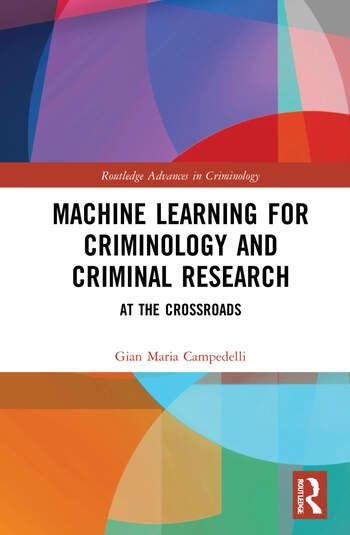
Machine Learning for Criminology and Crime Research reviews the roots of the intersection between machine learning, Artificial Intelligence, and research on crime, examines the current state of the art in this area of scholarly inquiry, and discusses future perspectives that may emerge from this relationship.
As machine learning and Artificial Intelligence (AI) approaches become increasingly pervasive, it is critical for criminology and crime research to reflect on the ways in which these paradigms could reshape the study of crime. In response, this book seeks to stimulate this discussion. The opening part is framed through a historical lens, with the first chapter dedicated to the origins of the relationship between AI and research on crime, refuting the "novelty narrative" that often surrounds this debate. The second presents a compact overview of the history of AI, further providing a non-technical primer on machine learning. The following chapter reviews some of the most important trends in computational criminology and quantitatively characterizing publication patterns at the intersection of AI and criminology, through a network science approach. The book also looks to the future, proposing two goals and four pathways to increase the positive societal impact of algorithmic systems in research on crime. The final chapter provides a survey of the methods emerging from the integration of machine learning and causal inference, showcasing their promise for answering a range of critical questions.
With its transdisciplinary approach, Machine Learning for Criminology and Crime Research